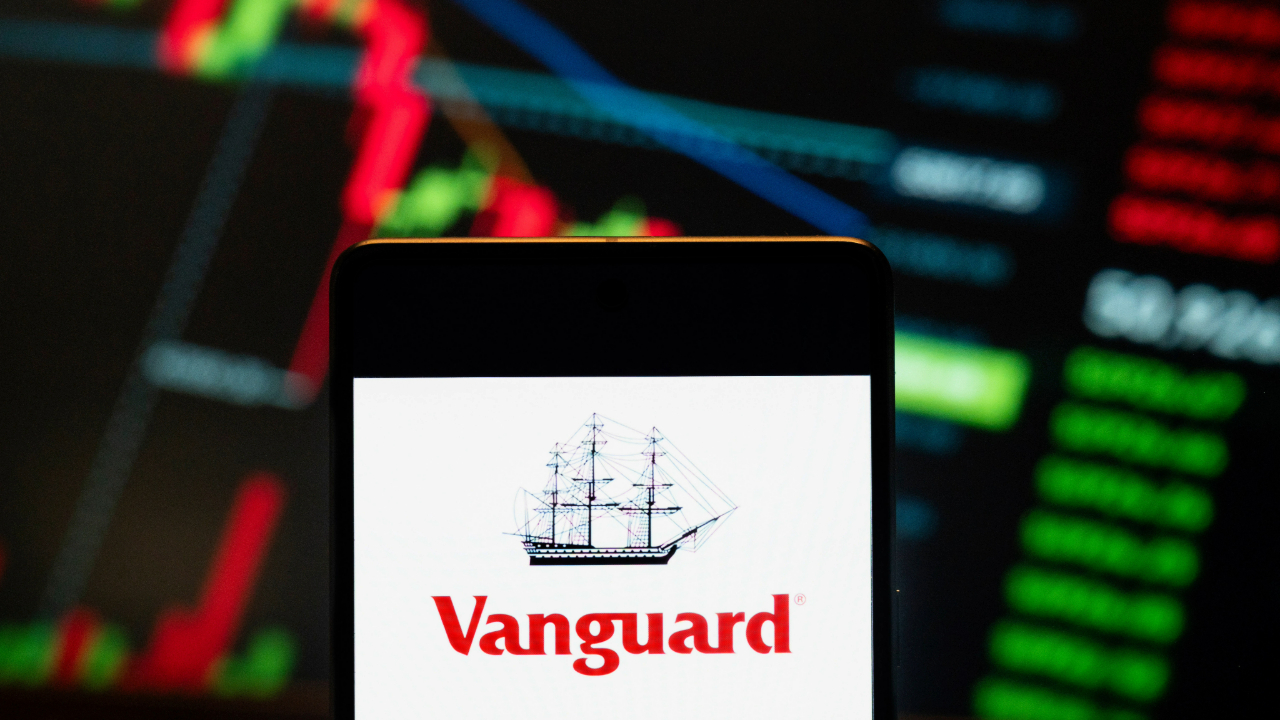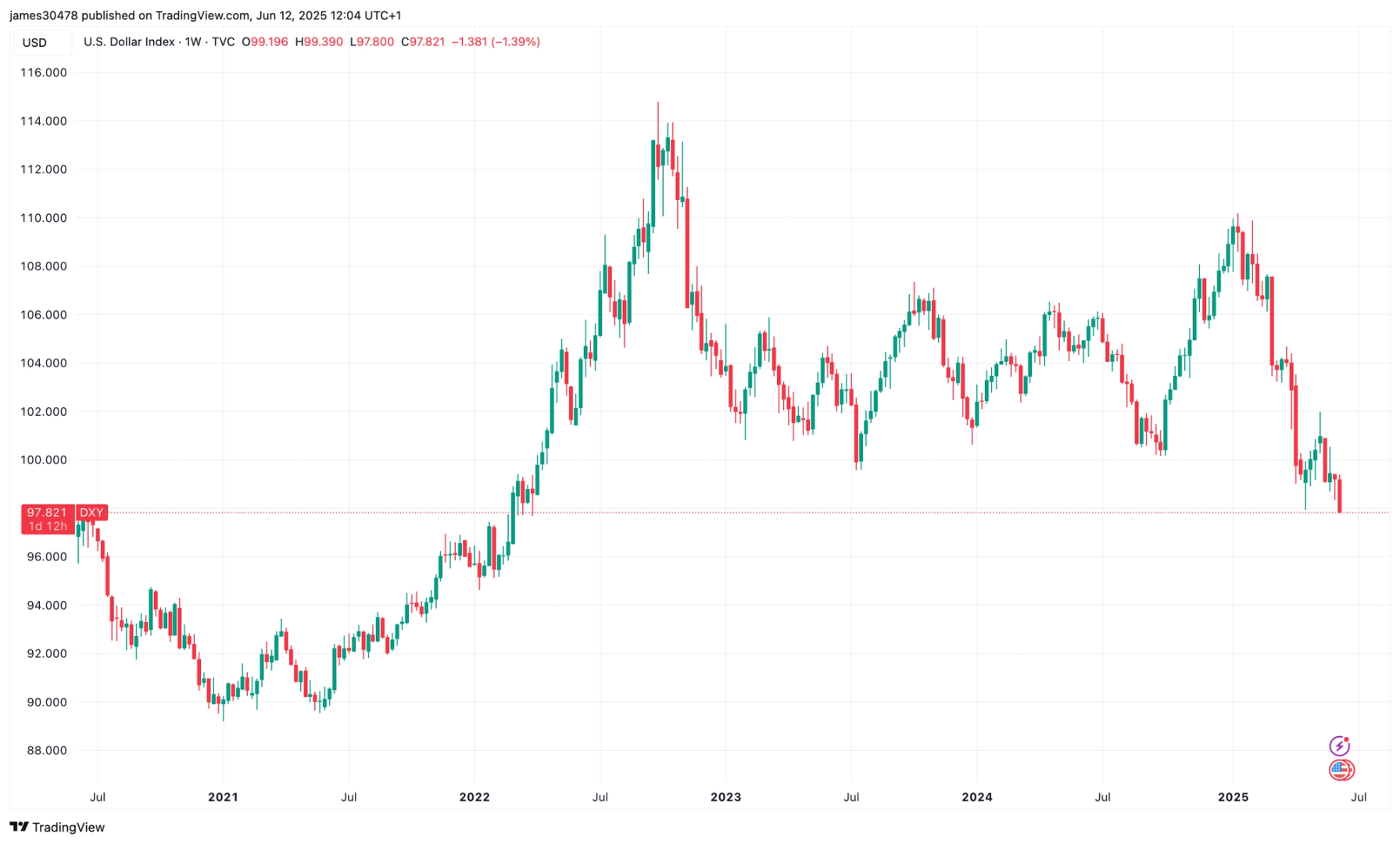
Berkshire Hathaway CEO Warren Buffett, as usual, was onto something when the company picked up Vanguard’s S&P 500 ETF (VOO), a few years ago.
Since then, the exchange-traded fund has gradually become a darling of retail investors, crossing $100 billion in net cash flow for the first time this year.
“Vanguard’s ownership structure is unique in the industry – we’re owned by our funds, which are in turn owned by the funds’ shareholders. So, we have no divided loyalties; we’re focused solely on helping investors achieve their goals,” a Vanguard spokesperson told FOX Business.
The ETF, which mirrors the S&P 500 Index, is “more appropriate for long-term goals where your money’s growth is essential,” according to the company’s summary.
WARREN BUFFETT’S FAVORITE ETFS
The S&P 500 has advanced 27% this year, crossing the 6,000 level for the first time.
Long-term investors may be more likely to stick with VOO, over rival SPDR S&P 500 ETF Trust (SPY), which Buffett also owns, according to 13F filings.
BITCOIN WHALE ETF HITS NEW HIGHS
Both funds count Apple, Nvidia and Microsoft as their top weightings, while Tesla and Broadcom are the lowest for VOO, and Broadcom and Alphabet for SPY.
TOP ETFS OF 2024 ARE TIED TO ONE STOCK
“Vanguard just has this reputation and, you know, it has this very committed investor base, who just buy Vanguard funds. And they’re usually long-term oriented. They put money into those Vanguard funds, day after day, week after week. So it benefits from that,” Sumit Roy, senior ETF analyst for ETF.com, told FOX Business.
The firm, started by legendary investor Jack Bogle, is best known for creating index funds.
VOO, which came on the scene in 2010, has $588 billion in assets and an expense ratio of 0.03%. While SPY’s expense ratio at 0.0945% is higher, with over $688 billion in assets, it attracts nimbler investors.
“The investor base is a lot more diverse. You have some long-term investors, but you have a lot of traders, you have hedge funds, people going in and out trying to time the market. So, the flow, the pattern of flows is a little bit different than SPY. We see big outflows. Sometimes we see big inflows,” Roy said.
SPY, established in 1993, was the first ETF to trade on a national stock exchange.



